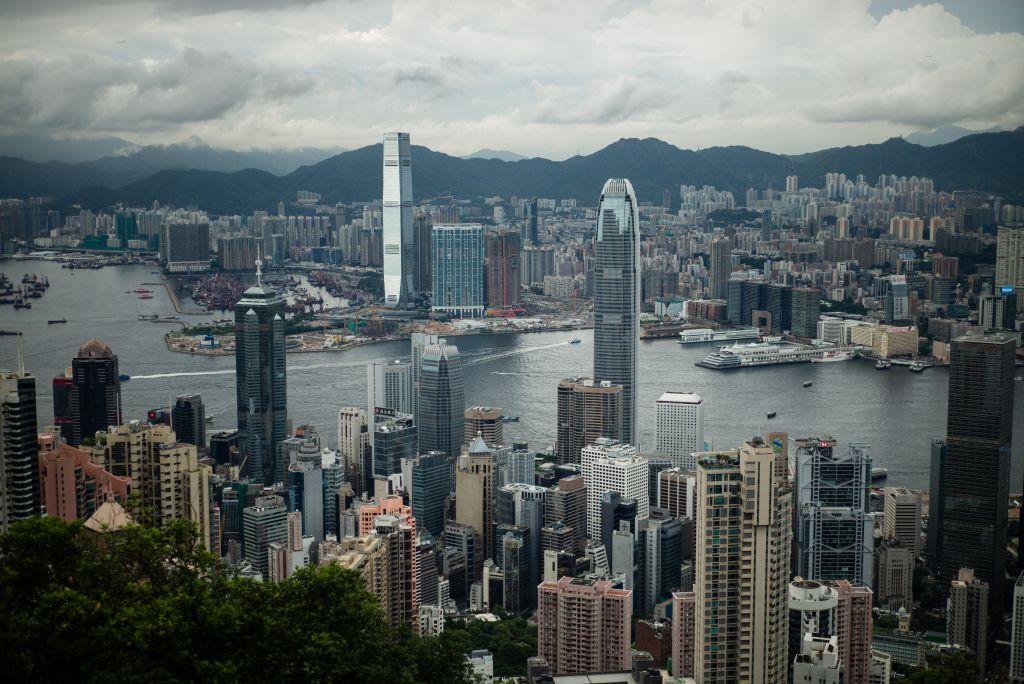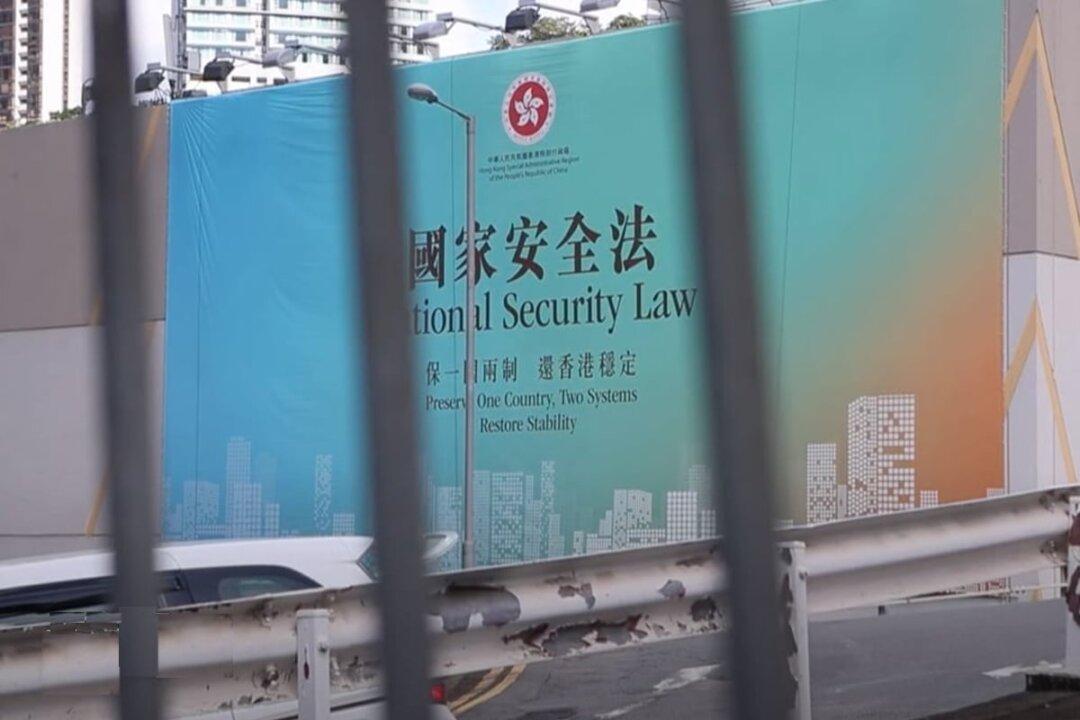The United Nations Committee on Economic, Social, and Cultural Rights issued a review conclusion on March 6, referring to reports that the Hong Kong National Security Law (NSL) has actually abolished Hong Kong’s judicial independence and has been used in a whole spectrum of restrictive acts. It has put pressure on academics, damaged academic freedom, increased censorship of satirical content in movies and dramas, affected the right to freely form trade unions, and more.
The committee also suggested Hong Kong cancel the NSL. Some human rights groups believe that the United Nations agency has repeatedly expressed concerns about the human rights situation in Hong Kong, a clear indication that the actions of the CCP and the Hong Kong government are not accepted by the international community and Hong Kong’s human rights are being systematically eroded.




